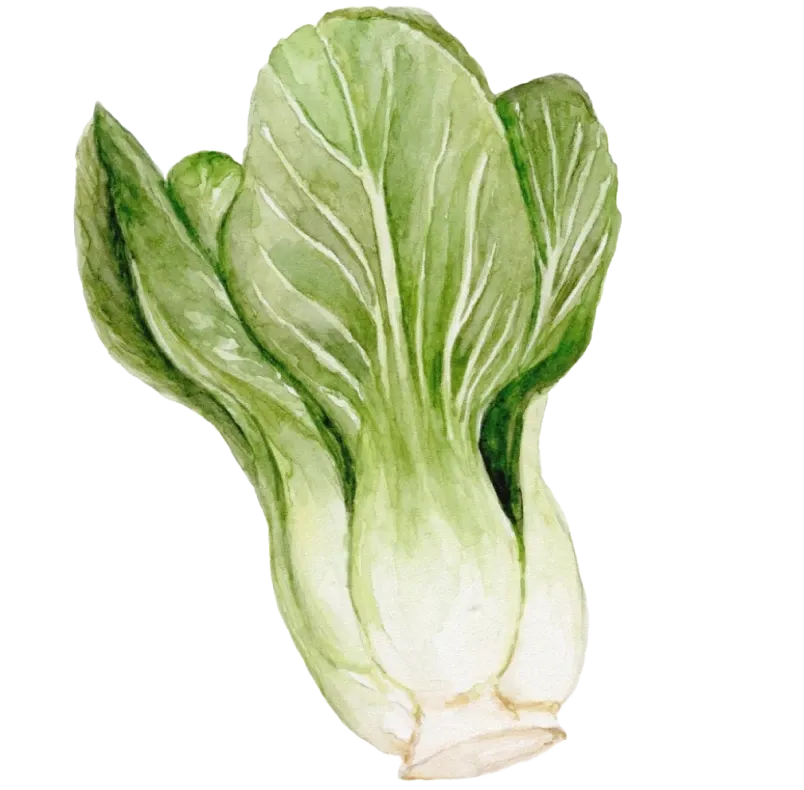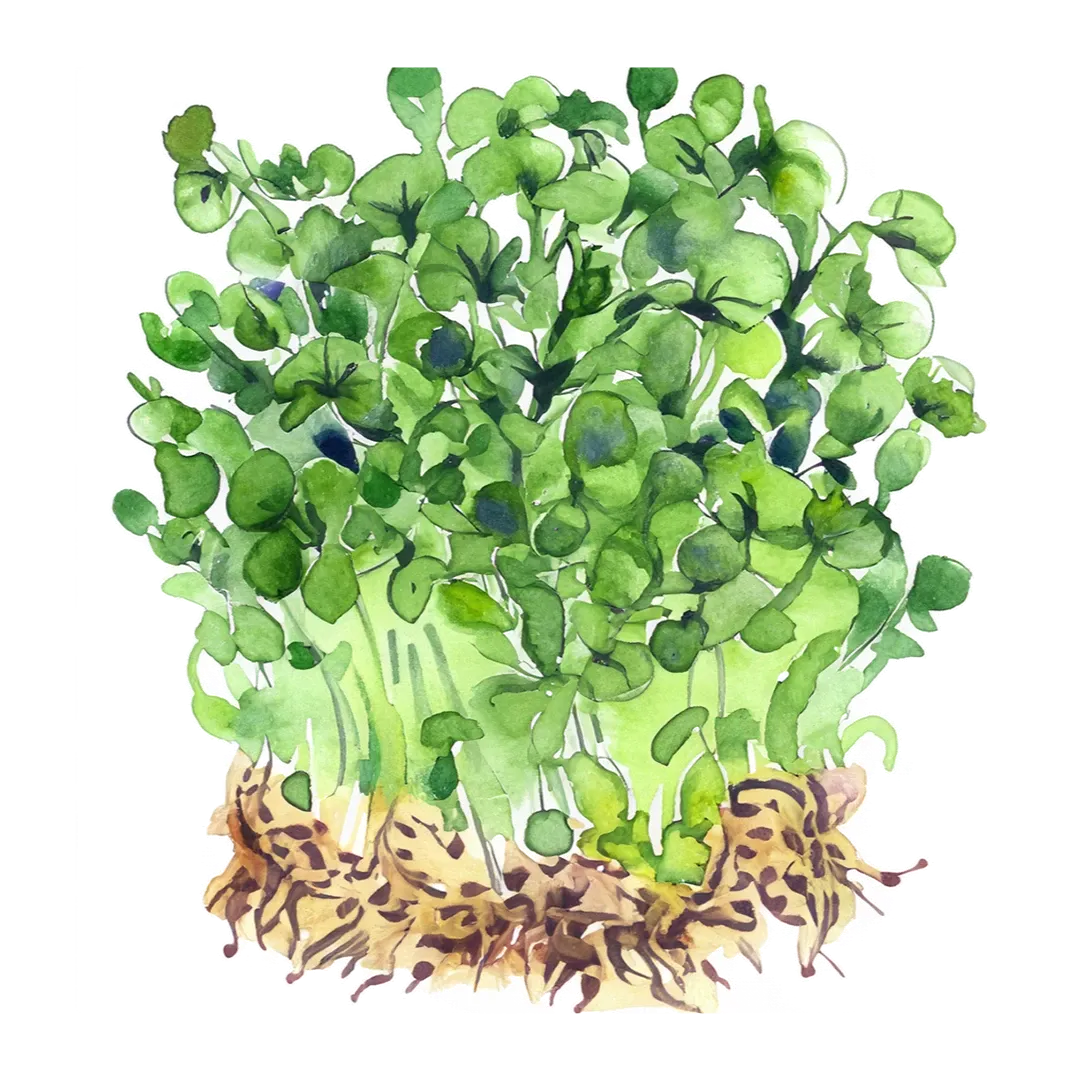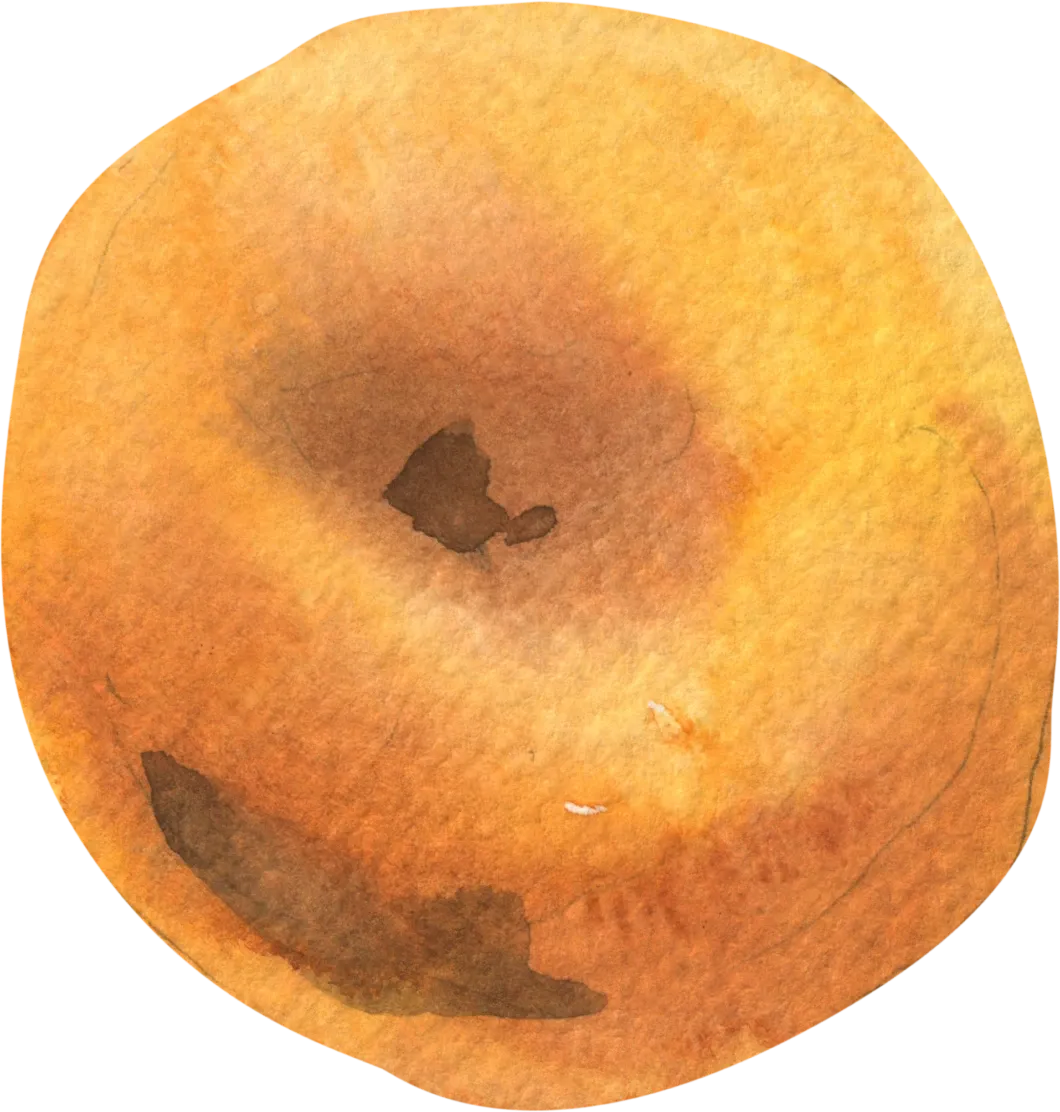The Health Benefits of Bok Choy: A Crisp and Nutrient-Dense Leafy Green
Introduction
Bok choy, also known as Chinese cabbage, is a crisp and mild-flavored leafy green that’s commonly used in Asian cuisine. Its tender leaves and crunchy stems make it a versatile addition to stir-fries, soups, and salads. Beyond its culinary appeal, bok choy is packed with essential nutrients, making it a powerful addition to a balanced diet.
Health Benefits of Bok Choy
- Promotes Bone Health
Bok choy is rich in calcium, vitamin K, and magnesium, all of which are essential for maintaining strong bones. Vitamin K helps improve calcium absorption, reducing the risk of bone-related conditions like osteoporosis.
- Supports Eye Health
Bok choy is a great source of vitamin A in the form of beta-carotene, which is essential for eye health. Consuming foods high in vitamin A can help protect against age-related macular degeneration and improve overall vision.
- Rich in Antioxidants
With high levels of vitamin C and beta-carotene, bok choy offers powerful antioxidant support. These antioxidants help neutralize free radicals, reduce inflammation, and lower the risk of chronic diseases.
- Boosts Immune Function
Bok choy’s vitamin C content supports immune health by enhancing the body’s ability to fight off infections. Adding bok choy to your diet can help strengthen your immune system and promote overall wellness.
- Supports Heart Health
The combination of potassium, fiber, and antioxidants in bok choy contributes to heart health. Potassium helps regulate blood pressure, while fiber aids in lowering cholesterol levels, reducing the risk of heart disease.
Creative Ways to Enjoy Bok Choy
Bok choy is a versatile vegetable that can be enjoyed raw or cooked in a variety of dishes:
- In Stir-Fries: Sauté bok choy with garlic, ginger, and soy sauce for a quick and flavorful stir-fry.
- In Soups: Add bok choy to soups and broths for a nutritious, tender green that adds depth to the dish.
- In Salads: Slice raw bok choy thinly and toss it into salads for a crunchy, refreshing texture.
- Grilled or Roasted: Drizzle bok choy with olive oil and grill or roast until slightly charred for a smoky flavor.
- In Smoothies: Blend baby bok choy into green smoothies for an extra dose of vitamins and minerals.
Conclusion
Bok choy is more than just a leafy green—it’s a nutrient powerhouse. With high levels of vitamins A, C, and K, as well as calcium and antioxidants, bok choy supports everything from bone and eye health to immune function and heart health. Whether sautéed, added to soups, or tossed into salads, bok choy is a versatile and healthy addition to any diet.
FAQs About Bok Choy
- Is bok choy good for weight loss?
Yes, bok choy is low in calories and high in fiber, making it a filling yet low-calorie option that supports weight management.
- How should I store bok choy?
Store bok choy in the refrigerator in a plastic bag to keep it fresh for up to one week. Rinse just before use.
- Does bok choy lose nutrients when cooked?
Bok choy retains most of its nutrients when lightly sautéed or steamed. Overcooking can reduce its vitamin C content.
- Is bok choy AIP diet compliant?
Yes, bok choy is compliant with the AIP diet and is safe for individuals following the autoimmune protocol.
- Is bok choy Low-FODMAP?
Yes, bok choy is considered Low-FODMAP and is well-tolerated by individuals with digestive sensitivities.
- Is bok choy Low Histamine?
Bok choy is generally considered low in histamine and is well-tolerated by those with histamine intolerance.
- Is bok choy Keto-friendly?
Yes, bok choy is keto-friendly due to its low carbohydrate content, making it an excellent addition to low-carb meals.
Recipes
Check out our meal planning service by following these recipes:









